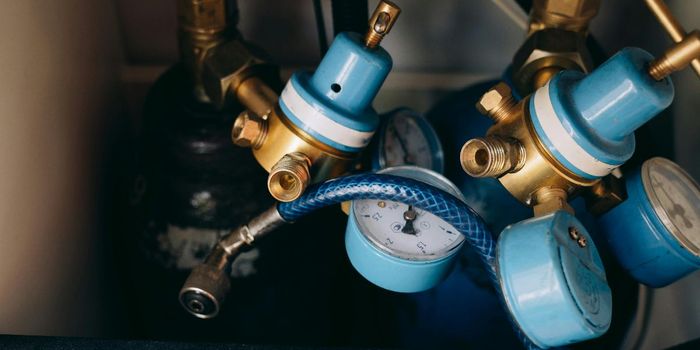53% Military Veterans PTSD-Free After 3 Weeks of Exposure Therapy

In PET, patients recall their trauma stories repeatedly, and partake in homework assignments to engage in activities they'd otherwise avoid due to traumatic memories or anxiety triggers.
In a previous study, researchers tested two PET protocols: one including ten sessions of 90 minutes each over eight weeks and another: ten 90 minute-sessions over two weeks. Both programs proved equally effective: around 40% of participants remained in remission for PTSD six months later.
The researchers noted that the treatment yields higher success rates among civilians than military personnel. They thus decided to modify the protocol to improve treatment success rates. Suspecting that patients may need more time to complete homework assignments, the new protocol required patients to take time off work and other daily responsibilities to devote themselves to the treatment full-time. They also expanded the treatment time from two weeks to three to give patients more time to process traumatic memories.
Lastly, the researchers expanded the protocol to allow patients to focus on their top three traumas instead of just one: starting from the least traumatic of the three to gain confidence, and working towards the most traumatic.
"Oftentimes, a civilian trauma involves a one-time traumatic event, such as an accident, or a repeated trauma of a certain type, such as abuse," said lead author Alan Peterson, Ph.D., of The University of Texas Health Science Center at San Antonio, in a press release.
"In the course of one or more combat deployments, service members may experience hundreds of traumatic events involving different types of traumas. They also may have experienced other types of trauma outside the combat environment."
For the current study, the researchers recruited 234 military personnel and veterans from four Texas locations. All had been deployed in support of post-9/11 US military combat operations. Exclusion criteria included psychosis, substance use, and suicidality.
Patients either received 15 therapy sessions of 90 minutes each over three weeks or 15 full-day therapy sessions over three weeks with eight adaptations. The researchers hypothesized that these adaptations would improve outcomes by addressing issues specific to combat-related PTSD.
In the end, the researchers found that 62% of patients in the 3-week group and 48% in the eight-week group experienced remission one month after treatment. They wrote, however, that after six months, remission rates fell to 52% in the 3-week group and increased to 53% in the 8-week group.
The researchers noted that participants in the 8-week program were more likely to maintain improvements after six months. However, due to the similar outcomes between both protocols, the researchers noted that the additional investment of resources needed for the 8-week program might be unnecessary.
They concluded that condensed PET treatments might be an important option for US service members and veterans. They also noted that the compressed treatment formats are well-suited for new, alternative modes of therapy that combine cognitive-behavioral treatments with medications and medical devices.
Sources: Science Daily, JAMA Network Open








